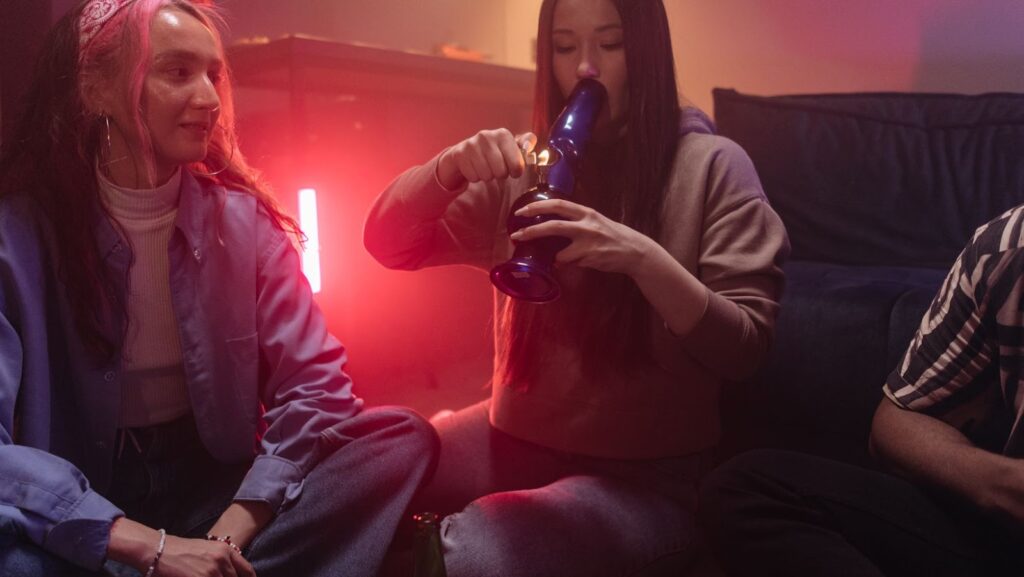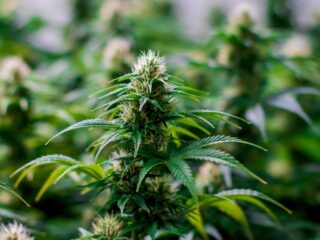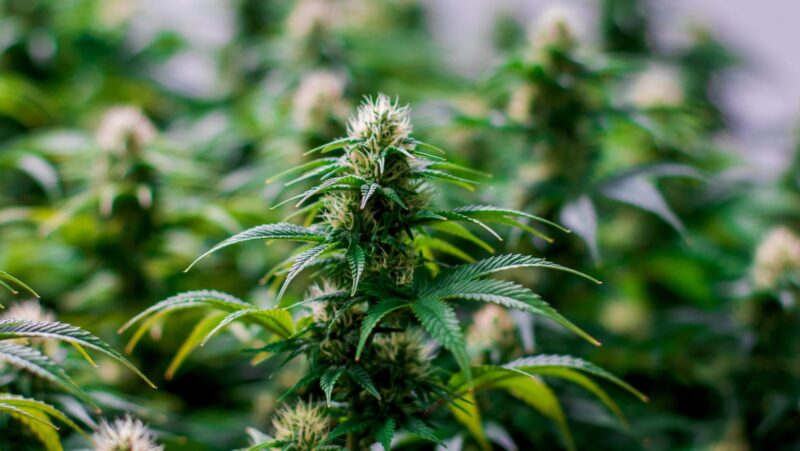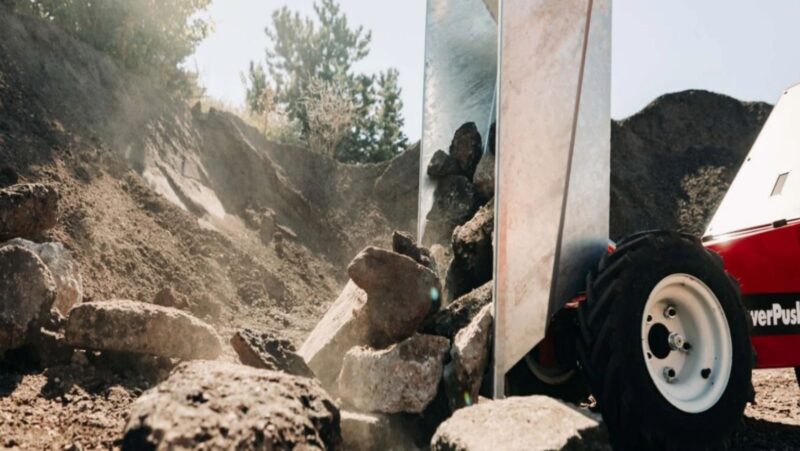
Marijuana use is a hotly debated issue in the United States, with many states having varying degrees of restrictions on its consumption. While some states have legalized recreational marijuana use and others have medical marijuana programs, there are still several states that remain highly restrictive when it comes to marijuana use.
In these states, possession or being under the influence of cannabis can result in harsh penalties, from hefty fines to jail time. So which U.S. states are considered the most restrictive for marijuana use?
States Where Marijuana is Completely Illegal
Unfortunately, there are still some states in the U.S. where marijuana is completely illegal. These include Idaho, Wyoming, Nebraska, Kansas, North Carolina, and South Carolina.
In these states, possession of any amount of marijuana is considered a criminal offense and can lead to jail time or hefty fines.
Even if you are charged with a minor offense, such as possessing a small amount for personal use, the penalties can be severe. In some cases, being caught with marijuana can even mean losing your job or facing other serious consequences.
These states are particularly restrictive on marijuana use and have not moved to embrace any medical marijuana program or decriminalization laws.
While there is still a chance that these states could move to legalize marijuana in the future, for now, they remain some of the most restrictive ones in the U.S.
If you are visiting or living in one of these states, it is important to know the laws and regulations surrounding marijuana use.
States with Limited Medical Access to Marijuana
In addition to these most restrictive states, eight other states have limited access to medical marijuana.
These states are Alabama, Arkansas, Delaware, Hawaii, Indiana, Iowa, Florida, Georgia, Kentucky, Mississippi, Louisiana, Maryland, Minnesota, Missouri, New Hampshire, North Dakota, Ohio, Oklahoma, Pennsylvania, South Dakota, Tennessee, Texas, Utah, West Virginia, and Wisconsin.
Although some of these states allow for a very limited form of medical marijuana use under specific circumstances or in certain conditions (such as low-THC oils or CBD products), they still have much more restrictive laws than states that have fully legalized medical marijuana.

However, it is important to note that in many of these states, the attitude toward marijuana is slowly changing.
For example, Georgia recently passed a comprehensive medical marijuana bill in 2020 to expand access to patients with certain conditions.
Similarly, Mississippi approved a very limited form of medical marijuana in 2020 and is considering a more comprehensive bill.
As attitudes towards marijuana evolve, these states will likely become less restrictive over time.
States Where Marijuana is Available for Recreational Use
In recent years, several states have passed legislation allowing for recreational marijuana use, including Alaska, California, Colorado, Maine, Massachusetts, Nevada, Oregon, Washington, and, most recently, Illinois.
Each state has unique laws and regulations regarding marijuana use, and it is important to understand the specifics of each state to ensure that you follow the local rules when using.
Alaska
Adults 21 and over can legally possess up to one ounce of marijuana and cultivate up to six plants for personal use, with no more than three being mature at any given time.
There are no licensed recreational marijuana retailers in Alaska, so those looking to purchase marijuana must rely on the unregulated market.
California
This is the most populous state in the U.S. and is also home to one of the most robust recreational marijuana markets in the country.
Adults 21 and over can legally possess up to one ounce of cannabis flower, eight grams of concentrate, and six immature plants.
There are licensed dispensaries throughout the state that sell various cannabis products.
Colorado
In Colorado, adults 21 and over can legally possess up to one ounce of flower or eight grams of concentrate at any given time.
Those looking to purchase marijuana must do so from a licensed retailer, as recreational sales are prohibited on the unregulated market.
Maine
Adults 21 and over can legally possess up to 2.5 ounces of cannabis flower or concentrate at any given time, with a total possession limit of five ounces.
There are licensed retail shops throughout Maine that sell a variety of marijuana products.
Massachusetts
Adults 21 and over can legally possess up to one ounce of cannabis flower, five grams of concentrate, and up to 10 marijuana edibles.
Licensed retailers are allowed to sell cannabis products throughout the state.
Nevada
In Nevada, adults 21 and over can legally possess up to one ounce of cannabis flower or eight grams of concentrate at any given time.
Currently, only licensed dispensaries are allowed to sell marijuana in the state.
Oregon
Oregon adults 21 and over can legally possess up to one ounce of cannabis flower, eight grams of concentrate, 16 ounces of solid edibles, 72 ounces of liquid edibles, and four immature plants at any given time.
Licensed dispensaries are allowed to sell marijuana throughout the state.
Washington
Adults 21 and over can legally possess up to one ounce of cannabis flower, seven grams of concentrate, 16 ounces of solid edibles, and 72 ounces of liquid edibles at any given time.
Licensed retailers are allowed to sell marijuana throughout the state.
Illinois
This is the most recent state to adopt legalized recreational marijuana.
Adults 21 and over can legally possess up to 30 grams of cannabis flower, 5 grams of concentrate, and up to 500mg of THC in edibles.
Licensed dispensaries are allowed to sell marijuana throughout the state.
It is important to remember that each state has its unique laws and regulations regarding marijuana use, and understand the specifics of each state before using marijuana to ensure that you are following local laws.
Contact your local law enforcement or consult a lawyer for more information when in doubt.
Final Thoughts
The legalization of marijuana is a complex and controversial topic, with opinions varying depending on the state.
While some states still strictly enforce laws against its use, others have allowed for recreational or medicinal use in certain circumstances.

No matter your opinion on this issue, it’s clear that there needs to be further discussion regarding how each state should handle the legal status of marijuana in the future.












